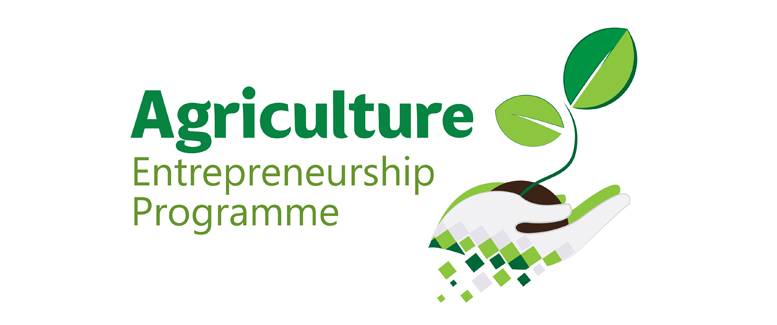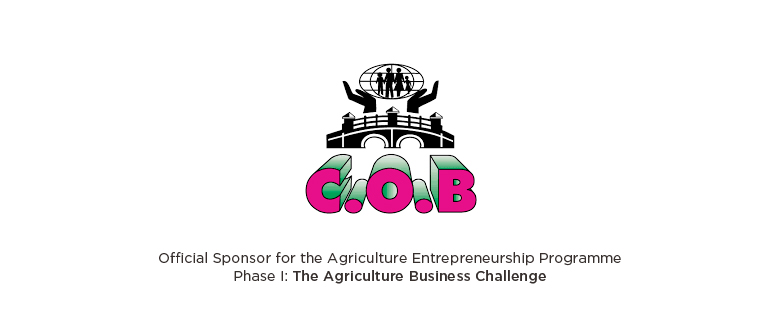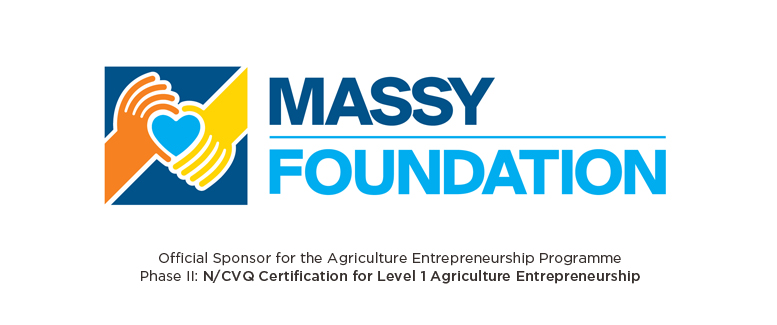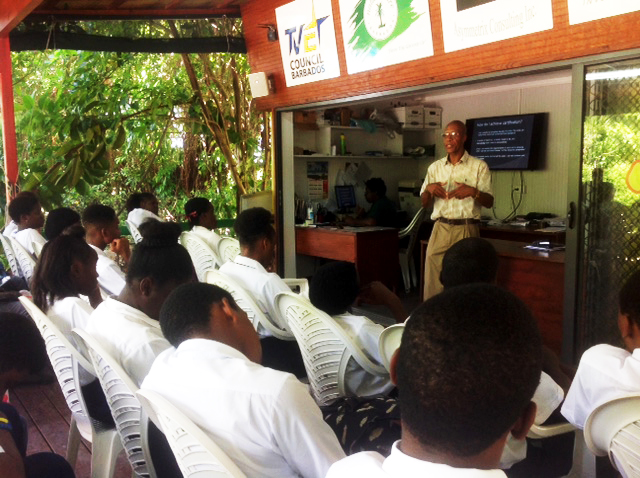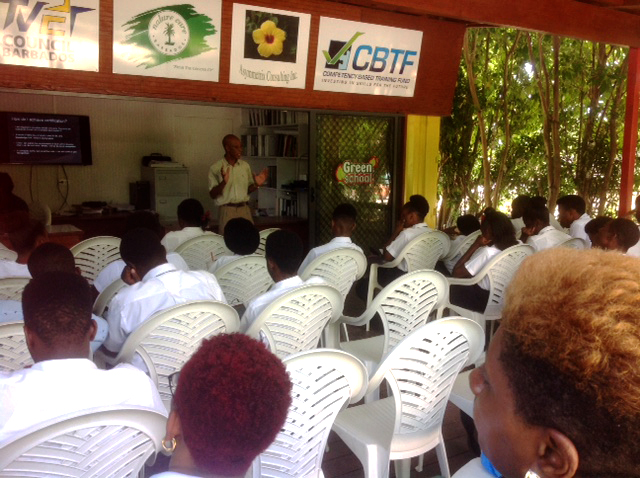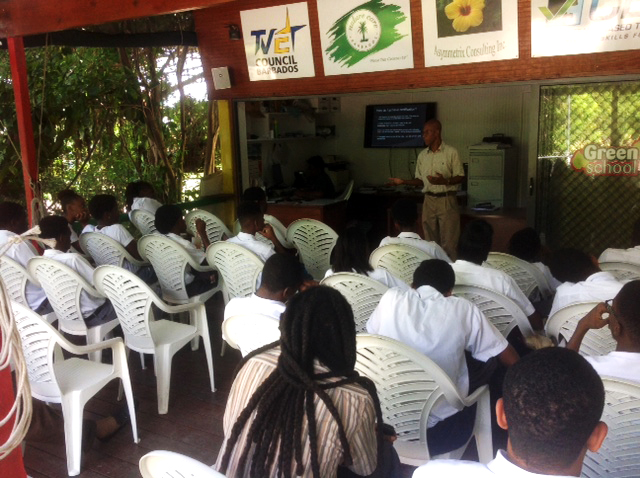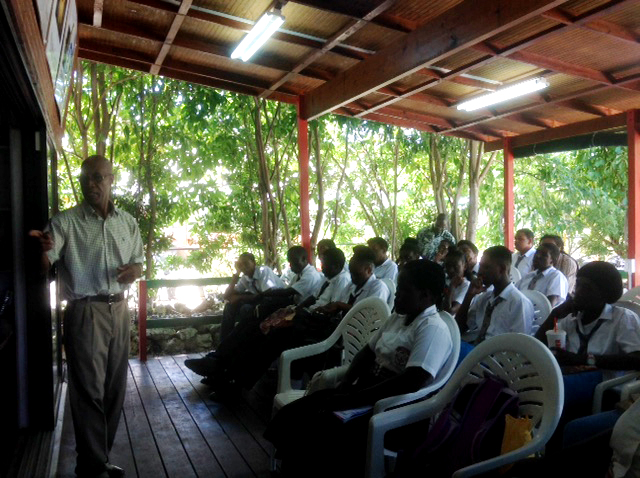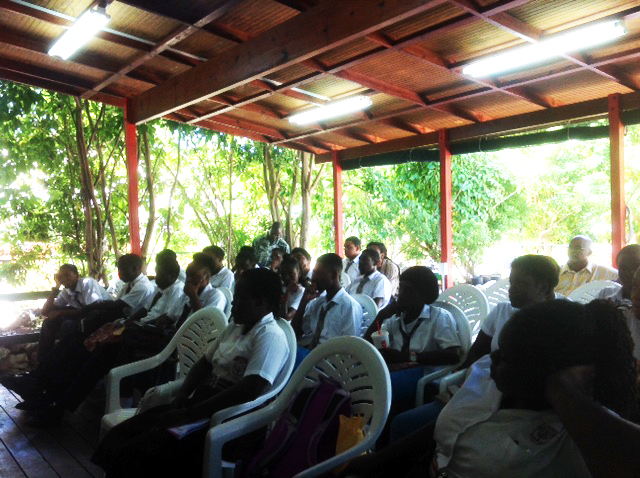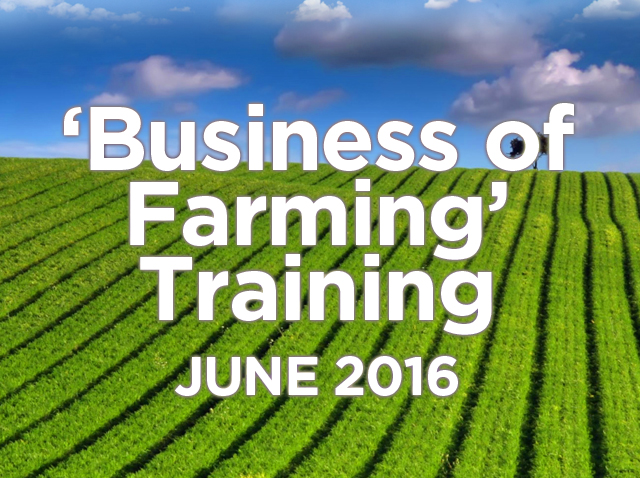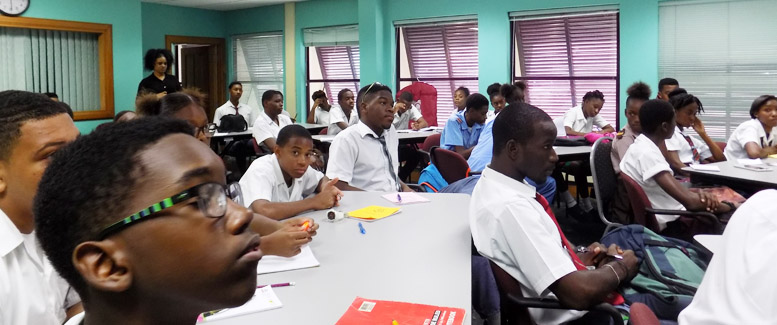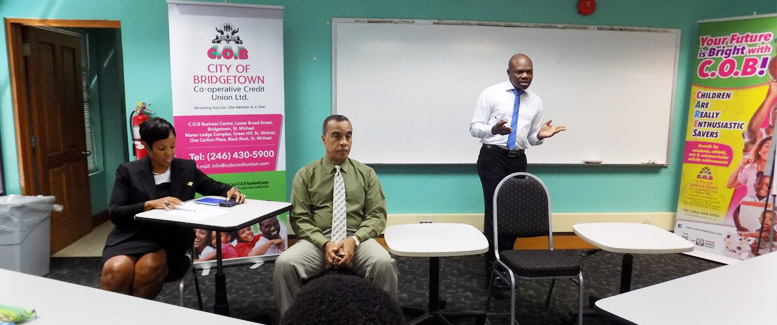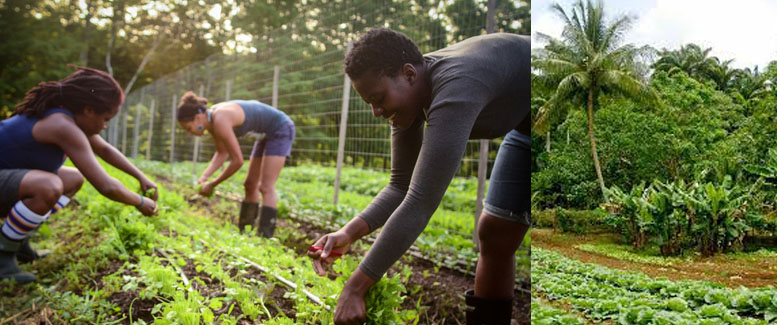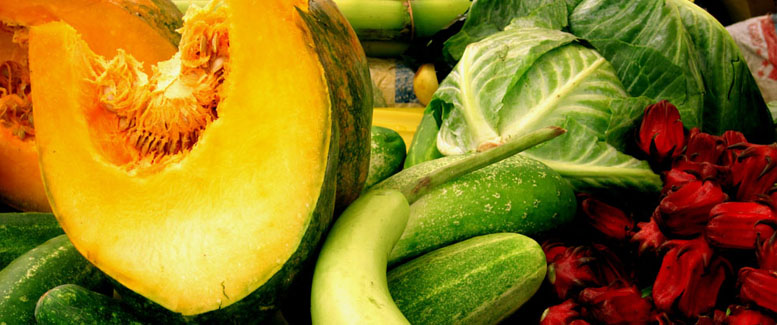The Agriculture Entrepreneurship Programme
Project Champion
Under BEF Pillar 'Education and
Talent Development'
About the Agriculture Entrepreneurship Programme...
The Agricultural Entrepreneurship Programme
The global economic environment has resulted in an increase in unemployment rates which has affected every economic sector. Initiatives to create work opportunities are becoming vital and, in Barbados, it has been found that one of the most significant drivers of economic activity is in the agriculture sector. New ventures can offer substantial opportunities for job creation for young persons and to ensure sustainability.
What is the purpose of the AEP?
Based on the success of the $20 Challenge, the BEF has implemented an Agriculture Entrepreneurship Programme focussed on developing the entrepreneurial skills in youth already involved in agriculture. The aim of this programme is to embed entrepreneurship with agriculture to create business opportunities in the agriculture sector. We notice a prevalence of males in the agriculture sector and in our annual $20 Challenge, a dominance of females. Therefore, one of our aims is to diversify the demographics of both programmes. The Programme comprises of two components – the Agriculture Business Challenge and the Agricultural Entrepreneurship Level 1 (NVQ).
How does the Challenge work?
The selection criteria is based on schools having Agriculture Science as part of the curriculum or where there are a significant number of students involved in agriculture-based programmes.
The Agriculture Business Challenge
For Phase 1 – the Agriculture Business Challenge sponsored by the COB Credit Union Ltd., students undergo a series of training sessions commencing with Preparatory Leadership Training. During these training sessions, team leaders from the various schools are introduced to best practice business models with a view to helping them better understand the industry and opportunities available across the value chain of the agriculture sector.
"For the Business Challenge, each school team will pitch their idea to a panel of judges, and similar to the original $20 Challenge Framework, will be loaned $20 per student towards the working capital of the business."
For the Business Challenge, each school team will pitch their idea to a panel of judges, and similar to the original $20 Challenge Framework, will be loaned $20 per student towards the working capital of the business. Additionally, equipment will be provided up to a maximum of $1,000 per school based on the strength of the project proposal. Teams will be guided and mentored by volunteer Ambassadors drawn from the business community and the agriculture sector. There will be three Ambassadors per school drawn from the business community, the agriculture sector and the culinary arts profession. Following their successful pitching session, the teams will conceptualise and develop their business and run them for 8 months. During this period, they will be afforded the opportunity to showcase their businesses at the Agrofest Exhibition under a branded Agri-Business Challenge tent, as well as participate in a number of farmers' markets.
The Massy Foundation Agricultural Entrepreneurship Level 1(NVQ): Building Out Skilled & Competent Individuals
The second Phase of the Programme focusses on building out skilled and competent individuals who will be able to progress up the career ladder, have improved employability and transferability and who will be recognized for their knowledge and skills. Phase 2, The Massy Foundation Agricultural Entrepreneurship Level 1 (NVQ) will focus on providing basic management tools and building entrepreneurial knowledge, skills, attitudes and behaviours. The programme runs for one academic year, concurrent with the school year.
The technical knowledge and acumen acquired will enable students to make use of modern and innovative agricultural and business management practices comprising on-farm and off-farm value addition, innovation and growth. These skills, knowledge and practical experience will also expose students to the co-operative model.
A Holistic Intervention in our Schools
Student teams will be drawn from Agriculture Science, Food & Nutrition, Business, Visual Arts and Information Technology. The school teams will work together to create business cooperatives that model modern agricultural enterprises. This project therefore, is a holistic intervention that not only promotes teamwork, but allows students to recognize and value the wide array of skills that lead to successful business outcomes in the agriculture sector.
Check out our videos:


